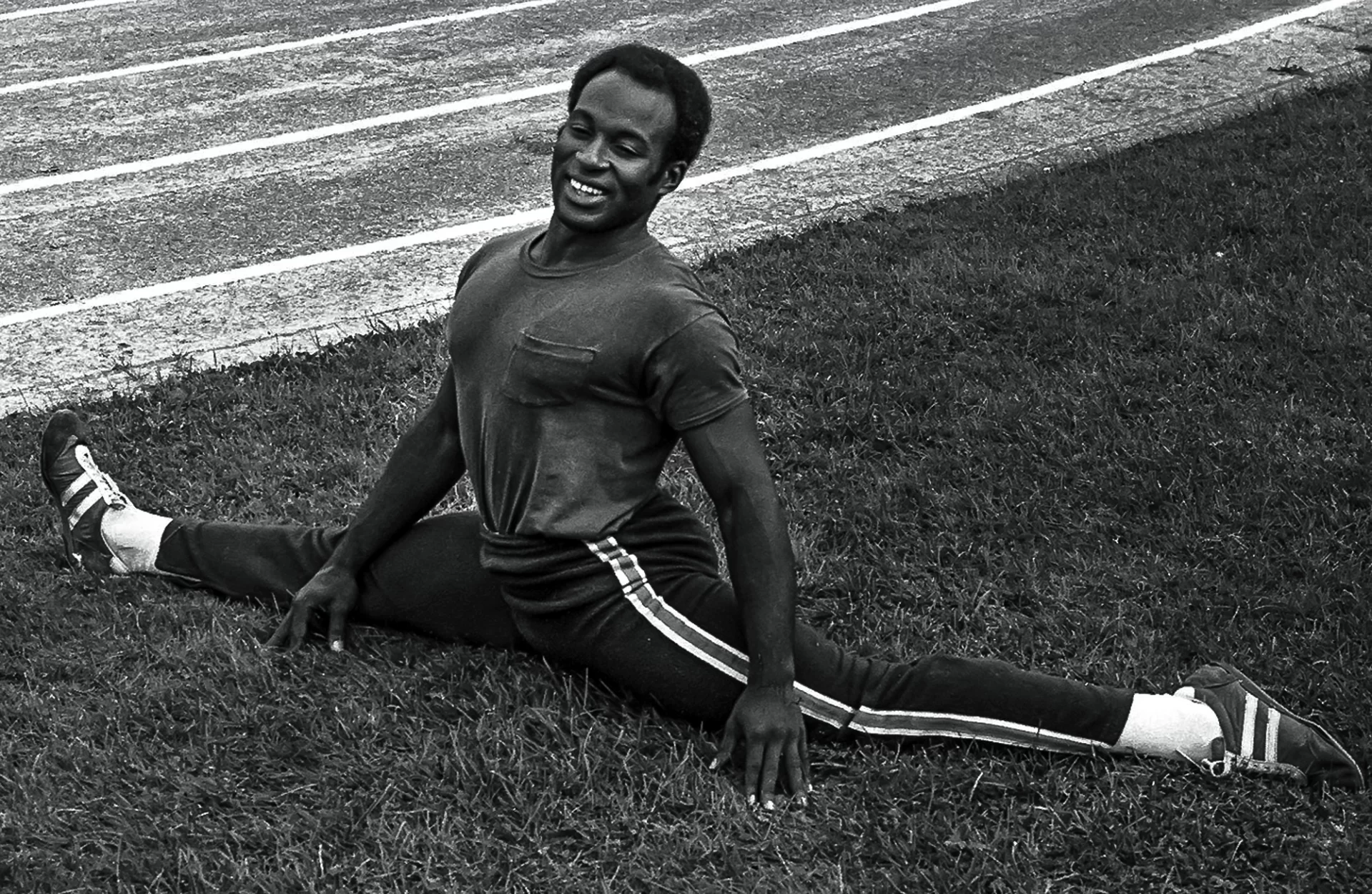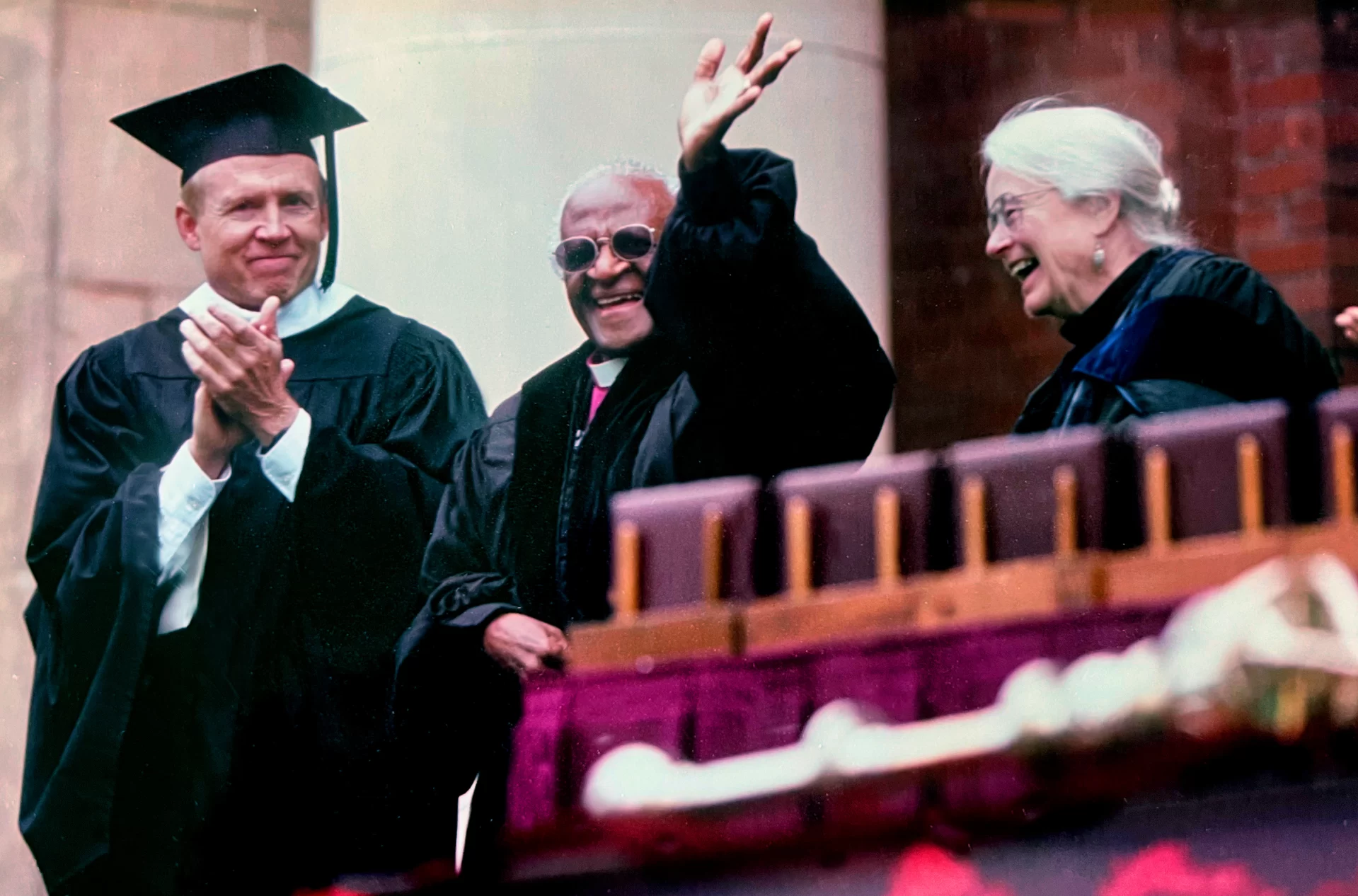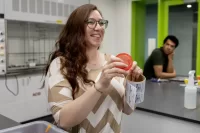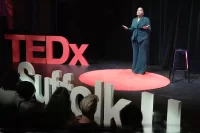
After doing 100 interviews with residents of two poor neighborhoods in Greenville, S.C., Ken Kolb ’98 believes that efforts to fix food deserts are “well intentioned but flawed.”
Kolb, a professor of sociology and department chair at Furman University, shares his findings in his new book, Retail Inequality: Reframing the Food Desert Debate (2022, University of California Press).
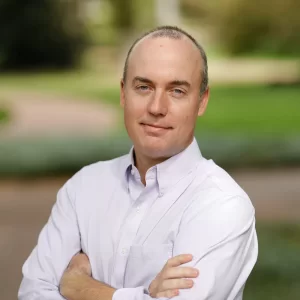
The idea that the lives of poor Americans could be improved by better access to better food was a strategy to catch the attention of the foodie movement, Kolb tells the Greenville News.
When solving persistent local problems such as job loss, crime, and poor infrastructure got framed in terms of health and food, “powerful people started paying attention,” writes Atkins.
Kolb says that the “foodie movements that have popped up in the past 15 years…have political capital because they’re largely white middle-class social movements. So when they heard ‘grocery store,’ they decided, ‘Well, this is one way I can help, because it caters to my interests, too.’”
Unfortunately, as Kolb tells Furman News, “there’s really no evidence that increasing access will actually change the way people eat, and we’ve known that now for about 10 years.
“But the idea that distance determines diet is still very powerful and shows up still in about two-thirds of all media accounts.”
What Americans in underserved areas mostly want and deserve, he says, is access to better retail overall, better than the “substandard options that cater to vice and exploit the poor.”
He tells the Greenville (S.C.) News that “for better or worse, to be an equal member in American society is to have an equal ability to shop at the same venues and for the same goods as everyone else.”
Years of racist urban policies have led to a “public and private sector abandonment of poor Black neighborhoods across the country,” says Kolb, a sociology major at Bates. Those decisions have stripped these areas of the collective wealth necessary to support high-quality retail close to residents’ homes.
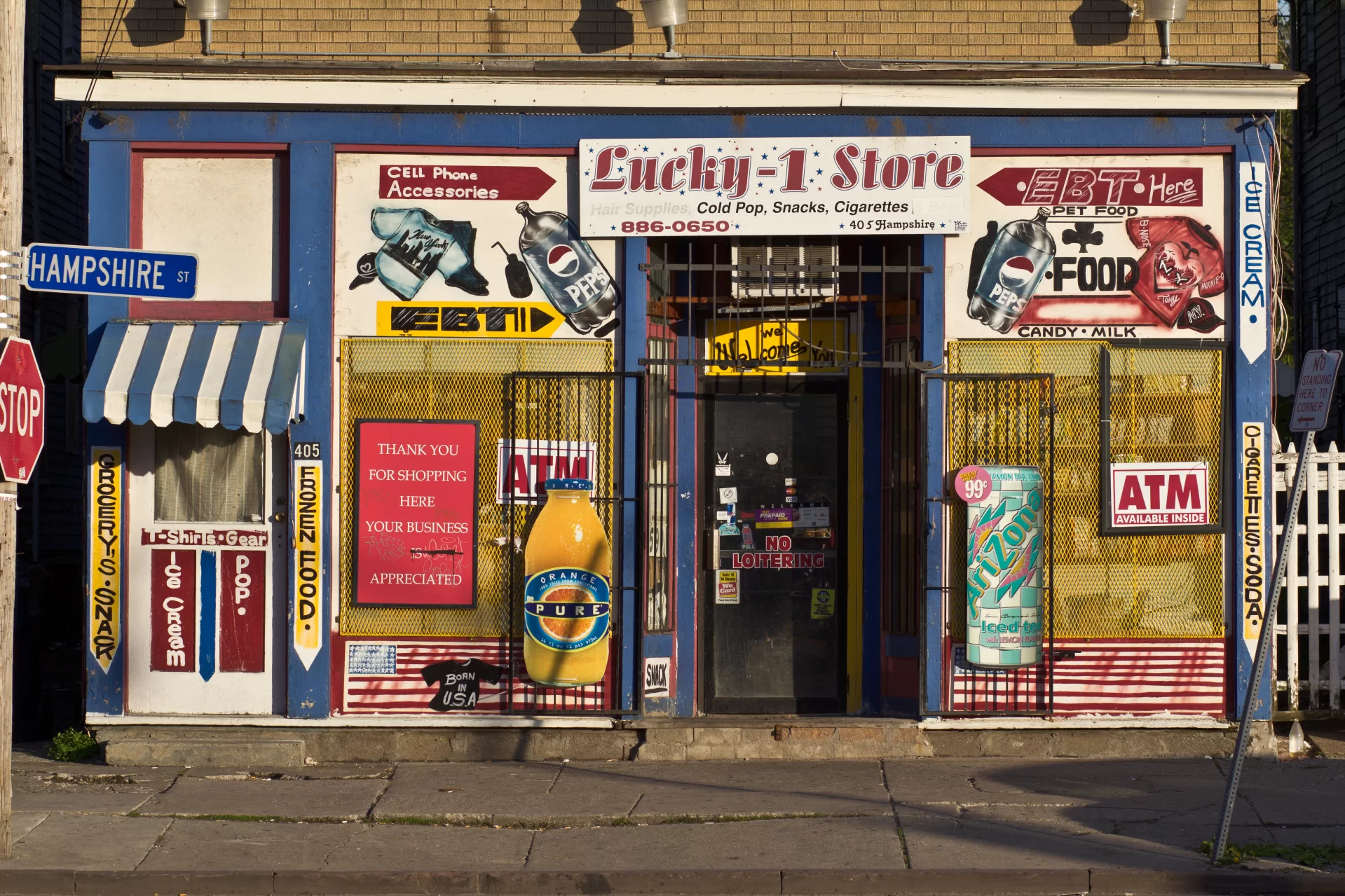
In recent months, Kolb has begun presenting ideas from Retail Inequality in different forums. In an opinion essay for Talking Points Memo, the political news and opinion website, he says that elements of longstanding nutrition-assistance programs only make life tougher for poor Americans.
Designed to help people experiencing food insecurity, such programs are well intentioned “but they’re either impractical or just cause more problems than they are worth,” says Kolb. The infamous example is that food stamps can’t be used to buy a cooked rotisserie chicken at the grocery store.
Such restrictions compound one of the major pain points of being a poor American, Kolb says. As he wrote in Talking Points Memo, being poor “takes forever. Whether it is waiting in lines or filling out forms, nothing comes quick: especially rides to the grocery store.”
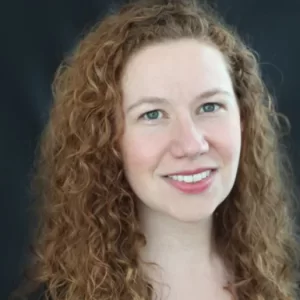
For a food-insecure person, not being able to purchase hot food that could save time at home exacerbates what it means to be poor. And if policymakers better understood how the food insecure manage their multiple needs and their time, Kolb says, “they would be more forgiving of food insecure people’s desire to have more control over their own diets.”
At his publisher, the University of California Press, Kolb worked with a fellow alum, acquisitions editor Kate Marshall ’04, who specializes in the fields of anthropology, food studies, and Latin American studies. In her work as a food editor for UC Press, Marshall says that “it would be easy to cultivate a collection of books that celebrate food and wine.”
But as a Bates history major, “my interests as an editor come out of my education at Bates: I tend to be drawn to authors who take on big problems like food access and inequality,” she explains. “So perhaps it’s not surprising that Ken and I ended up working together.”
Kolb, who didn’t know Marshall before she became his editor, credits her with “playing a huge role in shaping the direction of the book,” including the pivotal suggestion to “reframe it around the larger issue of ‘retail inequality.’”
Thus the book became “less about food deserts and more about systemic inequalities and the lingering effects of past racist urban public policies,” says Kolb.
